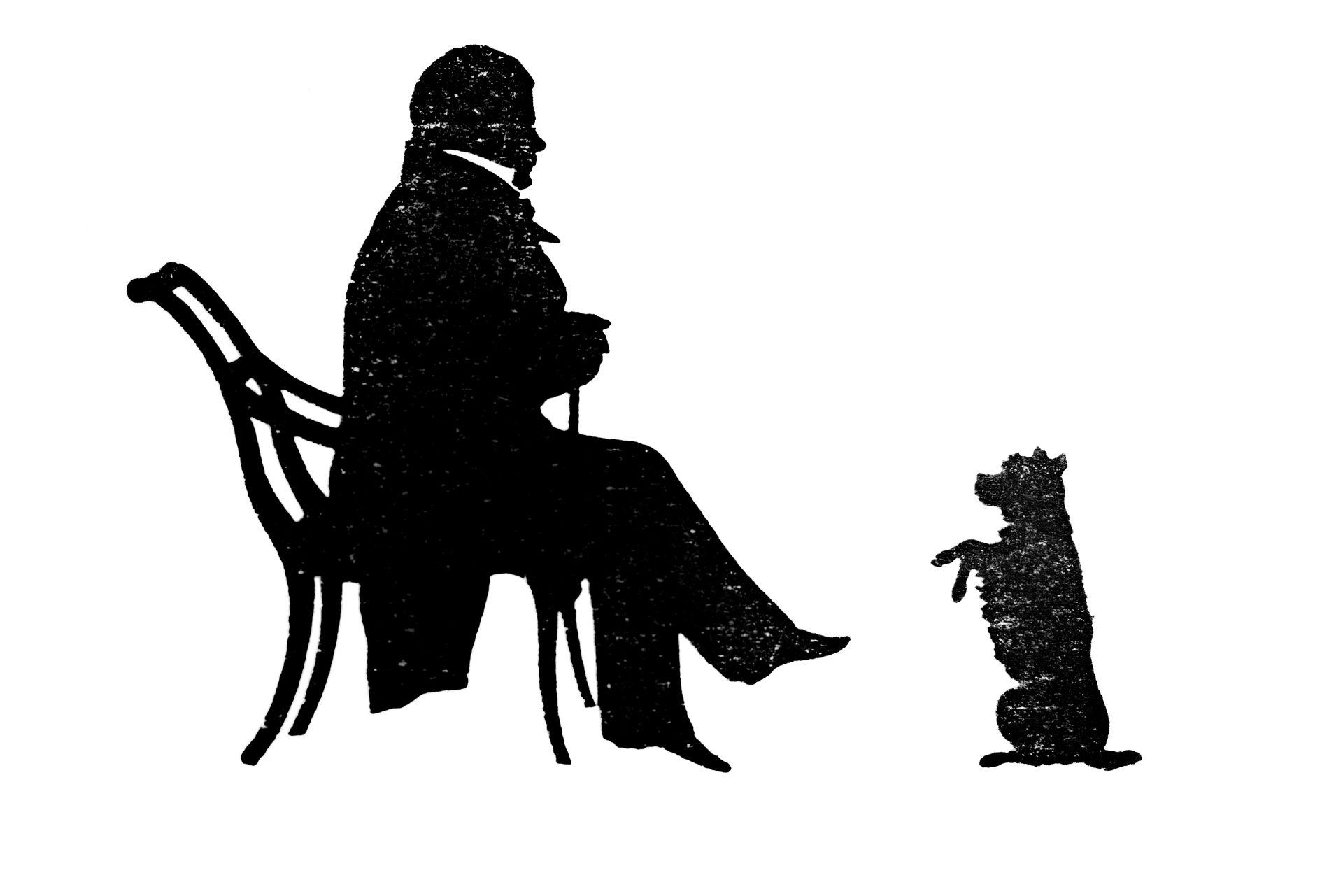1974
Our President in 1974/5 was:
The Right Hon. Lord Tweedsmuir
He proposed the Toast to Sir Walter at our 67th Annual Dinner on Friday 7th March 1975 in The North British Hotel.
Download the [transcript] or read the [bulletin]
Summary of the Speech:
William Tweedsmuir’s address in honour of Sir Walter Scott is a rich, personal, and reflective tribute, combining literary criticism, national identity, and personal recollection. Below is a summarised overview with key themes and noteworthy points.
- Personal Lineage and Affection:
Tweedsmuir speaks of following in the footsteps of his father and wife as Club Chair and evokes vivid memories of his childhood in the Borders, especially at Tweedsmuir and the local Kirk. His family’s legacy extends from Scotland to places as distant as Canada, the Arctic, and New Zealand.
- Scott’s Timeless Influence:
He reflects on Scott’s enduring relevance through shifting eras—Victorian, Edwardian, post-war—arguing that Scott transcends time and generation.
- Scott as Soldier in Spirit:
Though physically unfit for active service, Scott idolised military life and joined the Royal Edinburgh Volunteer Light Dragoons. His quip to the Czar about “slight actions” shows wit and modesty.
- Language and Literature:
The speech draws attention to the Scots language’s expressive strength and critiques the marginalisation of Scots in favour of English. Scott and Burns are credited for elevating poetic Scots.
- Scott’s Life and Work:
A thorough recounting of Scott’s legal career, early literary efforts, and physical suffering is given. His diligence, early rising, and deep reading habits are lauded. Tweedsmuir praises Scott’s speed, authenticity, and originality—highlighting his ability to create vivid secondary characters and humane portrayals of goodness.
- Critique and Wit:
Scott’s reviews, particularly of Colonel Thornton and Sterne, reveal both clarity and humour. His irreverent comment on James Hogg shows his occasional sharp tongue.
- Scott’s Role in Cultural Diplomacy:
The speaker sees Scott as integral to transforming Scotland’s reputation from a “ragged populace” to a culturally respected nation. He suggests Scott helped lay the groundwork for a global Scottish identity and pride.
- Legacy:
The historical novel, Scott’s invention, became an accepted genre. His legacy lives on through his writings, his portraits, and countless quotes. Scott is presented as one of the few figures (alongside Johnson, Wellington, Churchill) whom people can still vividly picture.
- Global Reach:
Tweedsmuir illustrates Scott’s worldwide impact—his works travelled across Europe and as far as Uganda and the Arctic. Anecdotes include mistaken identity as Bunyan’s son in Kampala and explorers carrying Scott’s books to the Arctic Circle.
- Final Praise:
He concludes by placing Scott as "probably the greatest Scot that ever lived," not only for intellect but for "largeness of heart, kindliness, and courage."
Interesting or Noteworthy Points:
- The phrase “probably the greatest Scot that ever lived” serves as a poignant capstone.
- The speech is a rare blend of literary criticism, family memoir, and national history.
- Tweedsmuir subtly critiques Scott (e.g., Di Vernon’s unfortunate phrase), revealing nuanced admiration.
- There is a remarkable sense of cultural patriotism without nationalism—Scott as a universal Scottish figure.
- The parallels between Scott and Tweedsmuir himself (family legacy, exploration, service) deepen the personal tone of the address.
Download the [transcript] or read the [bulletin]

Subsidiary Toasts
After the toast to The Queen had been honoured, the Chairman proposed "The City of Edinburgh" to which the Rt. Hon. Jack Kane, O.B.E., The Lord Provost, replied.
The toast of "Her Majesty's Forces" was proposed by Sir John Clerk, Bt., C.B.E., V.R.D., and the reply was made by Vice-Admiral Sir Anthony Troup, K.C.B., D.S.C., Flag Officer Scotland and Northern Ireland.
The toast to “The Chairman” was proposed by The Rt. Hon. Lord Balerno of Currie, C.B.E., T.D., D.L., F.R.S.E.


